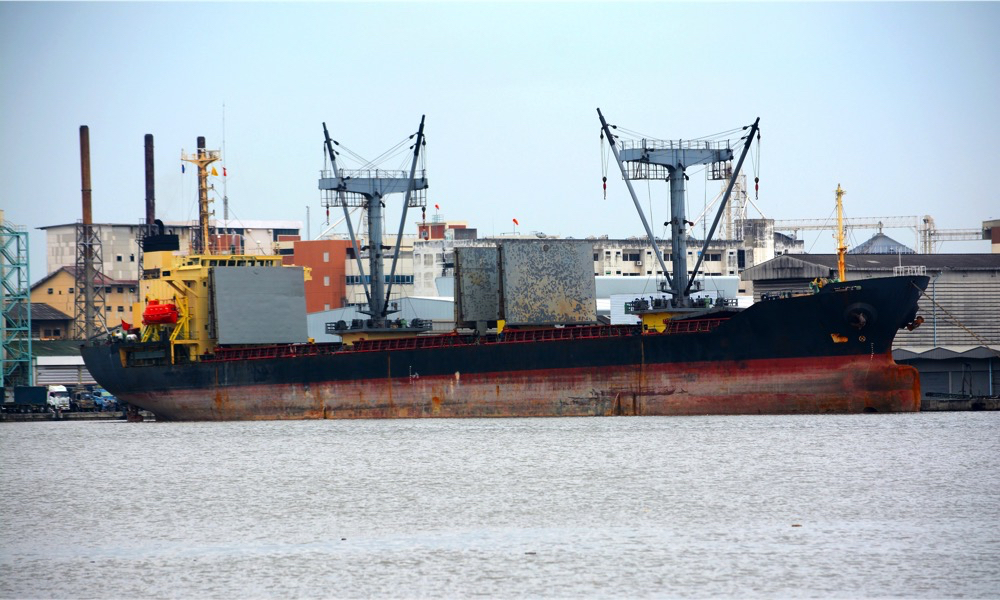
Maritime Groups Come Together to Build Cybersecurity Standards
With the help of an array of industry stakeholders, the Baltic and International Maritime Council recently helped to revamp cybersecurity guidelines for cruise lines and cargo ships.
Whether on land, in the air, or on the sea, cybersecurity is a common concern for many industries. The maritime world, of course, is worried about the sea part. And with the help of a coalition, it’s tackling the challenge.
Last week, the Baltic and International Maritime Council (BIMCO)—a global group representing a variety of stakeholders in the shipping, tanker, and cruise industries—announced a revamped version of its Guidelines on Cyber Security Onboard Ships.
The document, currently in its second edition, was updated for two reasons: to update strategies on contingency planning and responding to cyberattacks, and to match the guidance from the United Nations International Maritime Organization (IMO), which itself updated its guidance recently.
In comments on the updated guidelines, BIMCO Secretary General and CEO Angus Frew acknowledged the influence IMO and BIMCO have had on one another when it comes to issues of maritime cybersecurity.
“The first version of the guidelines was well received by the industry and acknowledged by the IMO, and we really do believe that the update offers the most comprehensive guidance for the shipping industry today,” Frew said in a news release.
The guide offers detailed suggestions for how to secure a ship’s technical infrastructure and to properly structure and segment a ship’s onboard network.
“Cybersecurity is certainly a hot topic for all of us now, and this latest guidance includes valuable information, applying a risk-based approach to all of the areas of concern, highlighting how an individual’s unwitting actions might expose their organization,” Frew added.
A sizable joint working group collaborated on the standards. The group included officials from the Cruise Lines International Association, the International Chamber of Shipping, the International Association of Dry Cargo Shipowners, the International Association of Independent Tanker Owners, the International Union of Maritime Insurance, and the Oil Companies International Marine Forum.
(iStock/Thinkstock)






Comments